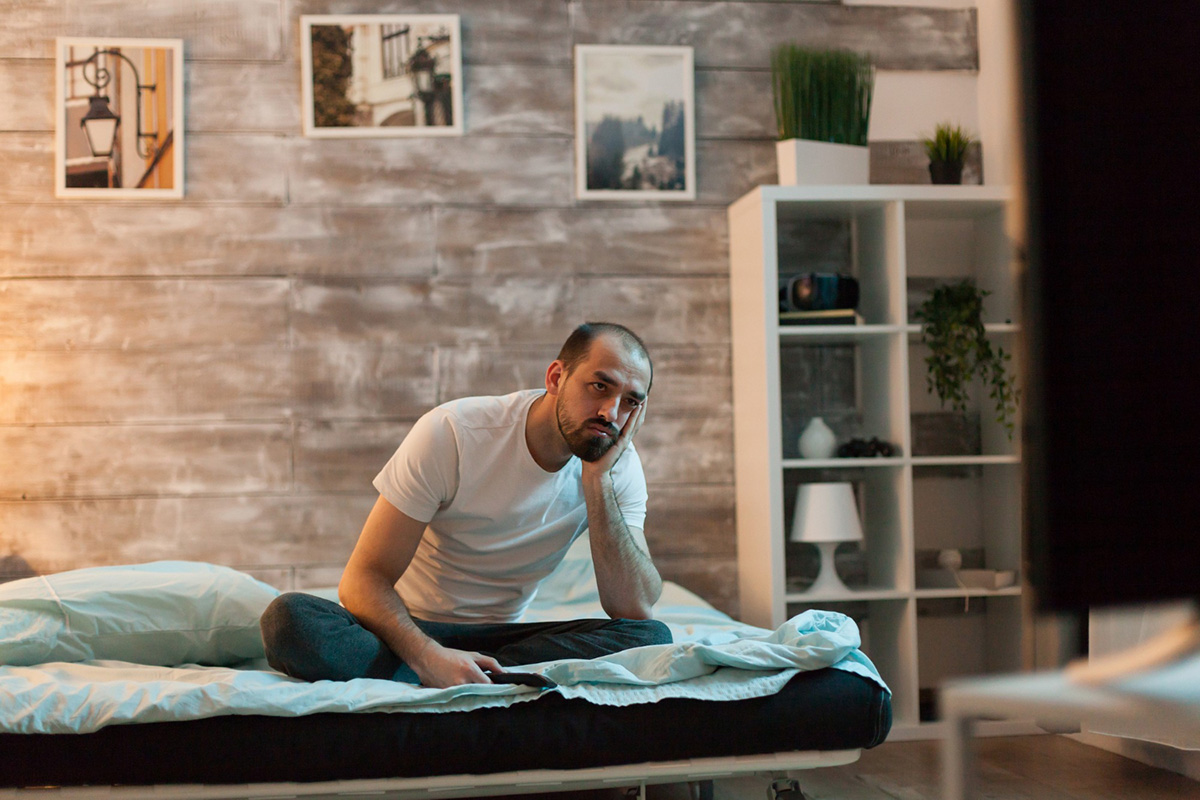

Renting an apartment can be an exciting and satisfying experience for anyone. But sometimes, despite your best efforts to find the perfect place, you may end up unhappy with your apartment. This can be due to a variety of reasons, such as issues with the landlord, noisy neighbors, insufficient space, or poor upkeep of the apartment. Whatever the reason may be, we have some helpful tips on what to do if you’re unhappy with your apartment.
If you have concerns or complaints about the condition of your apartment, your first step should always be to talk to your landlord or property manager. Request a meeting or phone call to discuss the problem, and be prepared to explain your concerns in detail. Be clear and reasonable in your demands, and try to offer solutions that could work for both you and your landlord. For instance, if you have a noisy neighbor, your landlord can talk to them about noise levels, or if you have plumbing issues, they can schedule a time to have it fixed.
Before taking any drastic measures, review your lease agreement to know your rights and obligations. Your lease should detail the terms and conditions of your tenancy, including how much notice you must give if you want to move out, your responsibilities for repairs and maintenance, and the landlord’s obligations. It is also useful to check if there are any clauses or sections that may offer solutions to your problem or justify breaking the lease.
If your landlord is not willing to work with you regarding your complaint, explore other options that may help you find a solution or a compromise. For example, if your apartment is too noisy, you could try using soundproofing materials such as acoustic panels or curtains. If you have a mold problem, you could clean and disinfect yourself or hire a professional. You can also try to negotiate with your landlord for a rent reduction, relocation to another unit, or ending the lease earlier.
It is essential to document all your complaints, requests, and communications with your landlord. Keep a written record of dates, conversations, and follow-up actions. You should also take photos or videos of any damages or problems in your apartment and attach them to your communication. This documentation can serve as evidence in case of disputes and help protect your rights.
If all else fails, and you feel like your issue is not getting resolved or is in violation of the rental laws, it is advisable to seek legal advice from a qualified attorney. An attorney can provide you with legal counsel on how to proceed, guide you through the dispute resolution process, and represent you if necessary.
Renting an apartment can be a great experience, but it can also be challenging if you're not satisfied with your living arrangement. By communicating with your landlord, reviewing the lease agreement, seeking solutions or compromises, documenting everything, and seeking legal advice, you can take steps to rectify the situation and find resolution. Remember to always be respectful and reasonable in your demands, and keep in mind that some problems may take time to fix. Ultimately, it’s important to prioritize your safety, comfort, and well-being when dealing with any issues you have with your apartment. If you're looking for apartments in Wilmington, NC, contact Oasis at Riverlights today to schedule a personal tour.